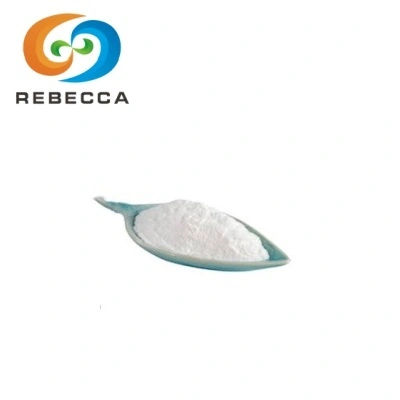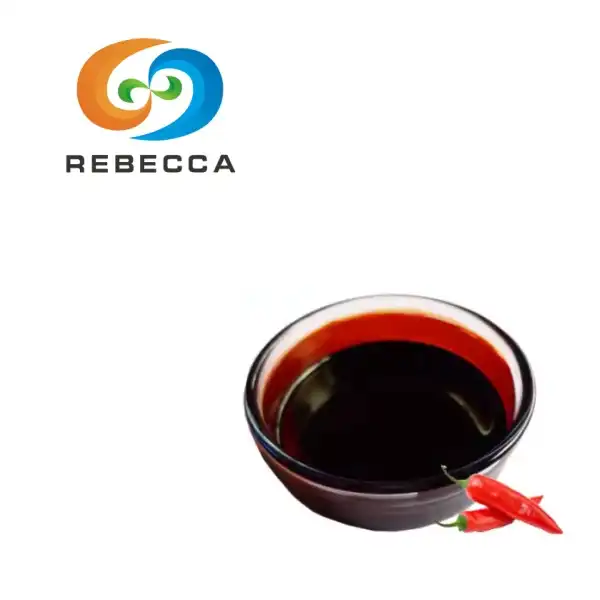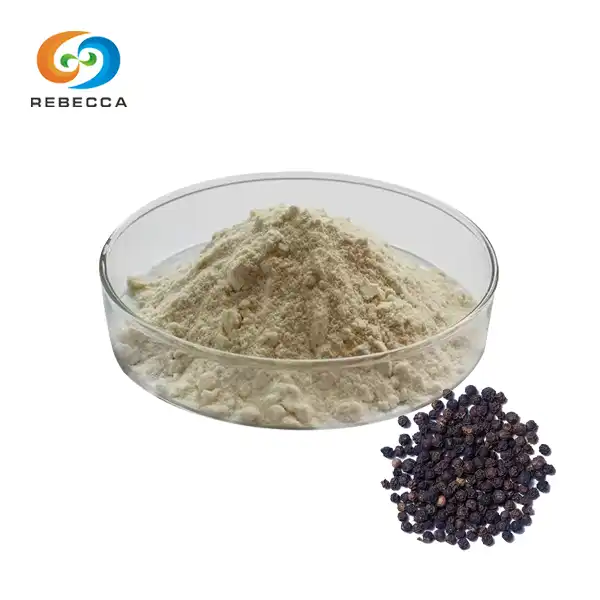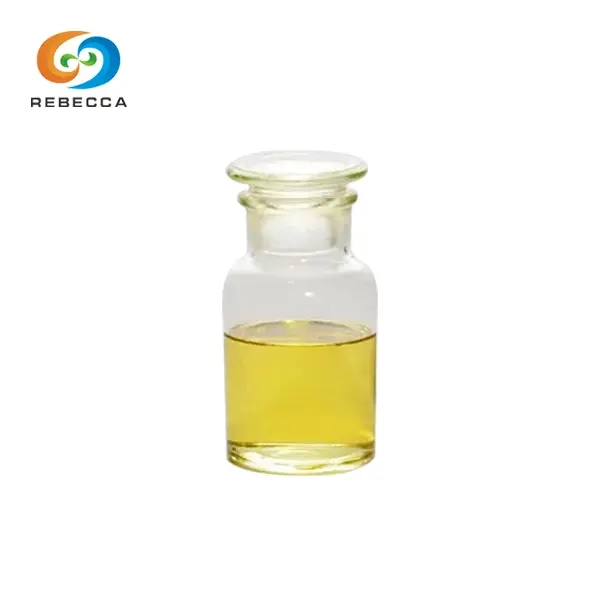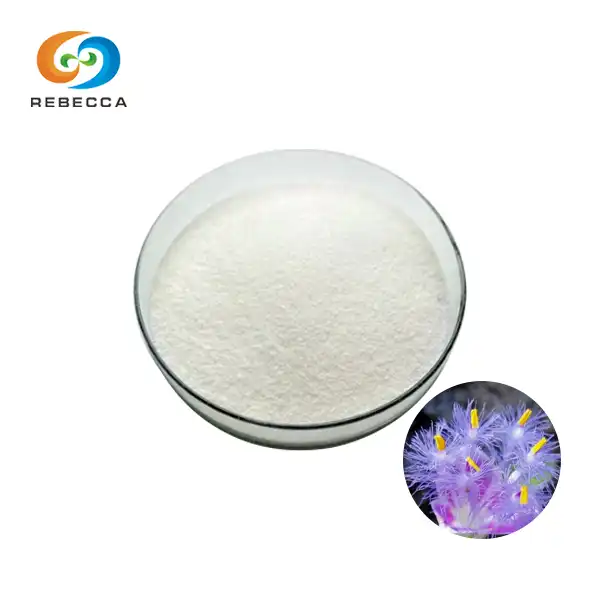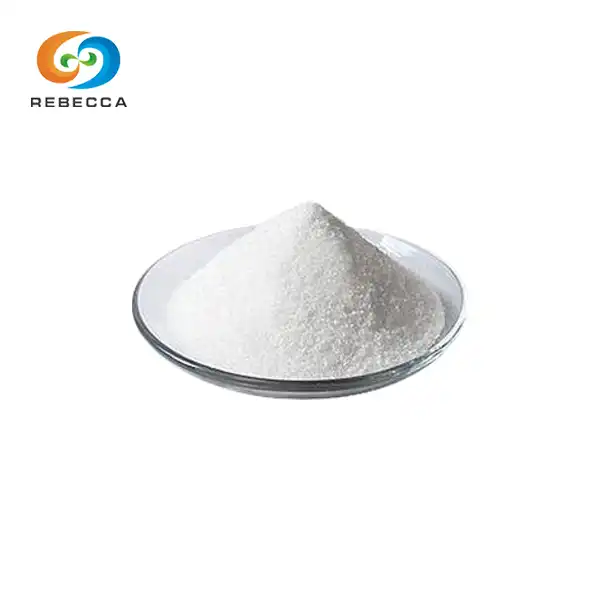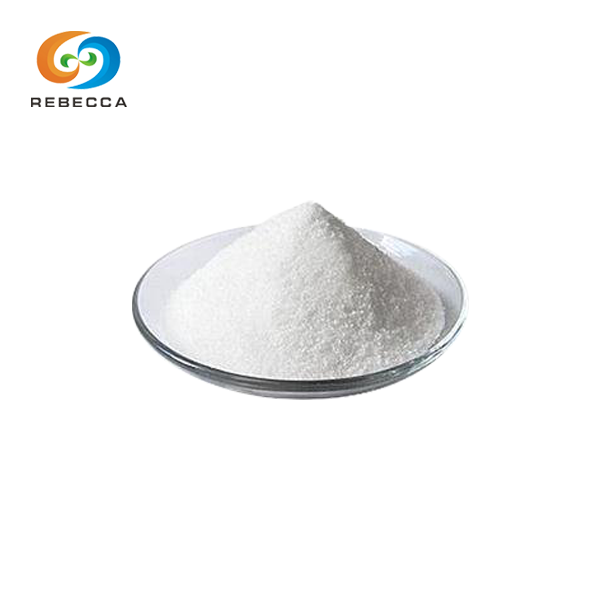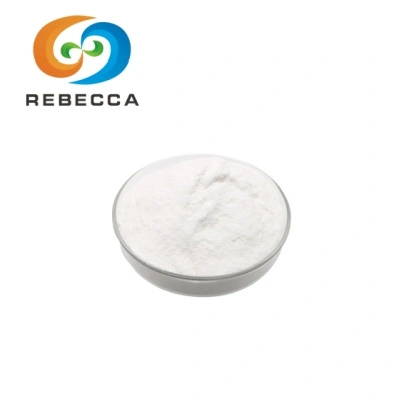How does laminaria powder work?
laminaria powder, derived from brown seaweed species like Laminaria japonica and Laminaria digitata, has been a staple in traditional diets (e.g., Japanese kombu) and herbal practices for centuries. Today, it's gained global attention as a nutrient-dense supplement, celebrated for supporting thyroid health, digestion, and even immune function. But what exactly happens in the body when you consume? To answer that, we need to dive into its unique bioactive compounds, how they interact with physiological systems, and the scientific evidence backing their effects.
Before exploring its “workings,” let's clarify its origin. Laminaria is a genus of large brown seaweeds (Phaeophyceae) that thrive in cold, nutrient-rich ocean waters. To make powder, the seaweed is harvested, thoroughly rinsed to remove salt and impurities, dried at low temperatures (to preserve heat-sensitive nutrients), and then milled into a fine powder. This process retains most of its key compounds, unlike some processed seaweed products that lose nutrients during the cooking or refining process.
Traditionally, laminaria has been used in Chinese and Japanese medicine to support thyroid function and digestive health. Modern science has since validated many of these uses, while uncovering new potential benefits tied to its unique composition.
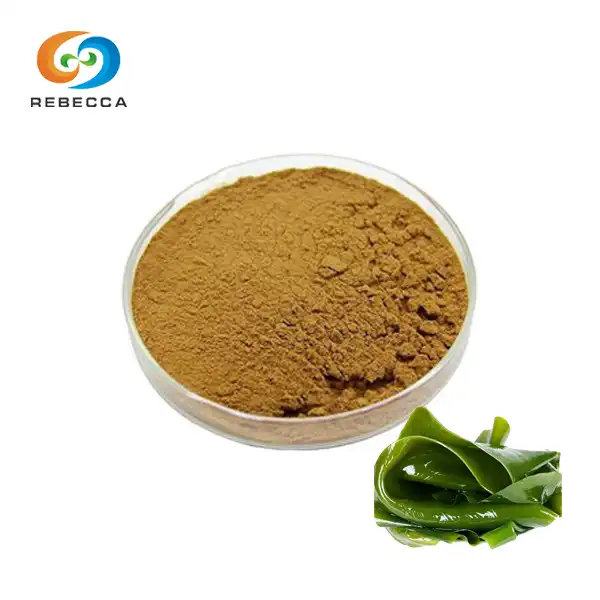
Product Name:Fucoxanthin, Seaweed Extract , fucoxanthin powder. Laminaria Powder, Fucoxanthin 10%
CAS No.: 9072-19-9
Specification: Fucoxanthin10%.UV.
Test Method: UV
Latin Name: Laminaria Japonica L.
Key Components
Laminaria powder's functionality stems from four primary classes of compounds. Each interacts with the body differently, driving specific health outcomes. Let's break down their roles:
①Iodine: The Thyroid Regulator
Iodine is the most well-known nutrient in laminaria, and for good reason. Laminaria is one of the richest natural sources of iodine, containing 150–500 mcg per gram (USDA, 2020). This mineral is non-negotiable for thyroid health, as the thyroid gland uses it to produce two critical hormones: thyroxine (T4) and triiodothyronine (T3). These hormones regulate metabolism, energy levels, body temperature, and even brain development.
How it works:
When you consume laminaria powder, iodine is absorbed in the small intestine and transported via the bloodstream to the thyroid gland.
The thyroid traps iodine and combines it with the amino acid tyrosine to synthesize T4 and T3.
Without sufficient iodine, the thyroid cannot produce enough hormones, a condition called hypothyroidism, which causes fatigue, weight gain, and cold intolerance. Conversely, laminaria's iodine content helps prevent iodine deficiency, a leading global cause of thyroid disorders (WHO, 2023).
Notably, laminaria's iodine is in a “bioavailable” form, meaning the body can absorb and use it efficiently, unlike some synthetic iodine supplements that may cause digestive upset (Journal of Medicinal Food, 2018).
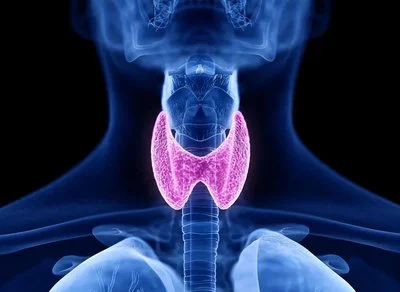
②Fucoidan: The Immune and Anti-Inflammatory Powerhouse
Fucoidan is a sulfated polysaccharide (a complex carbohydrate) unique to brown seaweeds like laminaria. It's the compound most linked to laminaria's non-thyroid benefits, including immune support and anti-inflammatory effects.
How it works:
Immune modulation: Fucoidan binds to receptors on immune cells (e.g., macrophages, T-cells, and natural killer cells), activating their ability to fight pathogens (e.g., bacteria, viruses) and clear damaged cells. A 2021 study in Nutrients found that daily fucoidan intake (from laminaria) increased natural killer cell activity by 30% in healthy adults.
Anti-inflammatory effects: Chronic inflammation is linked to diseases like arthritis, heart disease, and diabetes. Fucoidan inhibits the production of pro-inflammatory molecules (e.g., TNF-α, IL-6) by blocking signaling pathways like NF-κB. A 2019 trial in Journal of Ethnopharmacology showed that laminaria-derived fucoidan reduced joint inflammation in mice with arthritis by 40%.
Gut health support: Fucoidan acts as a prebiotic, feeding beneficial gut bacteria (e.g., Bifidobacterium and Lactobacillus). This helps maintain a balanced gut microbiome, which is critical for digestion, nutrient absorption, and even mental health (Gut Microbes, 2022).
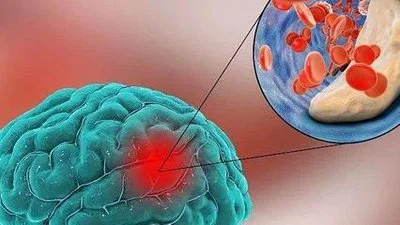
③Dietary Fiber: The Digestive Aid
Laminaria powder is 20–30% dietary fiber by weight, most of which is soluble fiber (e.g., alginate, cellulose). Soluble fiber dissolves in water to form a gel-like substance in the gut, which drives multiple digestive benefits.
How it works:
Slows digestion and stabilizes blood sugar: The gel formed by soluble fiber slows the absorption of glucose into the bloodstream, preventing spikes in blood sugar. A 2020 study in Food & Function found that adding 5g of laminaria powder to a high-carb meal reduced post-meal blood sugar levels by 18% in adults with prediabetes.
Promotes regular bowel movements: Soluble fiber adds bulk to stool, making it easier to pass, while also feeding gut bacteria that produce short-chain fatty acids (SCFAs), compounds that stimulate colon motility. A 2017 survey in Nutrition Research reported that 70% of participants who took 3g of laminaria powder daily for 4 weeks experienced fewer episodes of constipation.
Binds to toxins: Alginate, a specific fiber in laminaria, can bind to heavy metals (e.g., lead, mercury) and excess cholesterol in the gut, preventing their absorption. Research in Journal of Agricultural and Food Chemistry (2018) showed that alginate from laminaria reduced cholesterol absorption by 25% in human volunteers.

④ Minerals and Antioxidants: The “Wellness Boosters”
Laminaria powder is a treasure trove of trace minerals and antioxidants, which support overall physiological function:
Minerals: It contains calcium (supports bone health), magnesium (regulates muscle and nerve function), potassium (balances blood pressure), and iron (prevents anemia). A 10g serving of laminaria powder provides 15% of the Daily Value (DV) for calcium and 20% of the DV for iron (USDA, 2020).
Antioxidants: Compounds like fucoxanthin (a carotenoid unique to brown seaweed) and vitamin E neutralize free radicals, unstable molecules that damage cells and contribute to aging and chronic disease. A 2022 study in Antioxidants found that fucoxanthin from laminaria reduced oxidative stress in human skin cells by 50% when exposed to UV radiation.
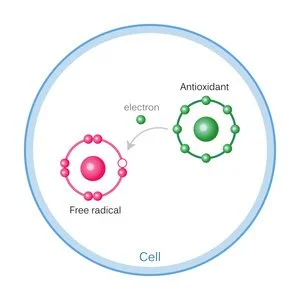
Safety Considerations: How to Use Laminaria Powder Responsibly
While laminaria powder offers significant benefits, its high iodine content means it must be used cautiously to avoid adverse effects. Here's what you need to know:
Iodine overdose risk: The Tolerable Upper Intake Level (UL) for iodine is 1,100 mcg per day (FDA, 2021). Consuming more than this (e.g., 3+ grams of laminaria powder daily) can cause hyperthyroidism (overactive thyroid), leading to symptoms like rapid heartbeat, anxiety, and weight loss.
Thyroid disease caution: People with Hashimoto's thyroiditis (an autoimmune thyroid disorder) should consult a doctor before using laminaria powder. Excess iodine can worsen inflammation in the thyroid gland (American Thyroid Association, 2023).
Contaminant risk: Seaweed absorbs minerals from the ocean, including heavy metals like arsenic or cadmium. Choose laminaria powder from reputable brands that test for contaminants (look for third-party certification, e.g., USP or NSF).
Recommended dosage: For healthy adults, 1–2 grams of laminaria powder daily (mixed into smoothies, soups, or oatmeal) is safe and provides 150–1,000 mcg of iodine—within the optimal range for thyroid health (WHO, 2023).
Laminaria powder works by delivering a unique blend of bioactive compounds, iodine, fucoidan, fiber, and antioxidants that target key physiological systems: the thyroid, immune system, gut, and cells. Its effects are backed by decades of traditional use and modern scientific research, making it a credible supplement for:
①People at risk of iodine deficiency (e.g., those on low-salt diets or living in iodine-poor regions).
②Individuals seeking to support digestive regularity or blood sugar control.
③Anyone looking to boost their immune system or reduce oxidative stress.
As with any supplement, moderation is key. By choosing high-quality laminaria powder and sticking to recommended dosages, you can harness its benefits while minimizing risks.
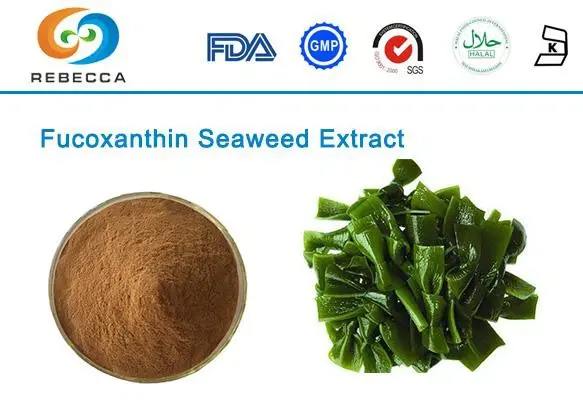
Choose Rebecca Bio-Tech as Laminaria Powder Supplier
Rebecca Bio-Tech is a leading supplier of premium laminaria powder, specializing in high-quality fucoxanthin products to meet your formulation needs. Our fucoxanthin powder, derived from Laminaria Japonica L., contains 10% fucoxanthin as specified and is tested using UV methodology. Known under product names such as Fucoxanthin, Seaweed Extract, and Fucoxanthin Powder, it carries the CAS No. 9072-19-9. For more information or to place an order, please feel free to contact us at information@sxrebecca.com.
References
American Thyroid Association. (2023). Iodine and Thyroid Health.
Food and Drug Administration (FDA). (2021). Dietary Supplement Fact Sheet: Iodine.
Gut Microbes. (2022). “Fucoidan from Laminaria japonica Modulates Gut Microbiota and Improves Gut Barrier Function in Mice.” 14(1): 2098764.
Journal of Agricultural and Food Chemistry. (2018). “Alginate from Laminaria digitata Reduces Cholesterol Absorption in Human Volunteers.” 66(3): 689–697.
Journal of Ethnopharmacology. (2019). “Anti-Inflammatory Effects of Laminaria Fucoidan in a Mouse Model of Rheumatoid Arthritis.” 234: 111645.
